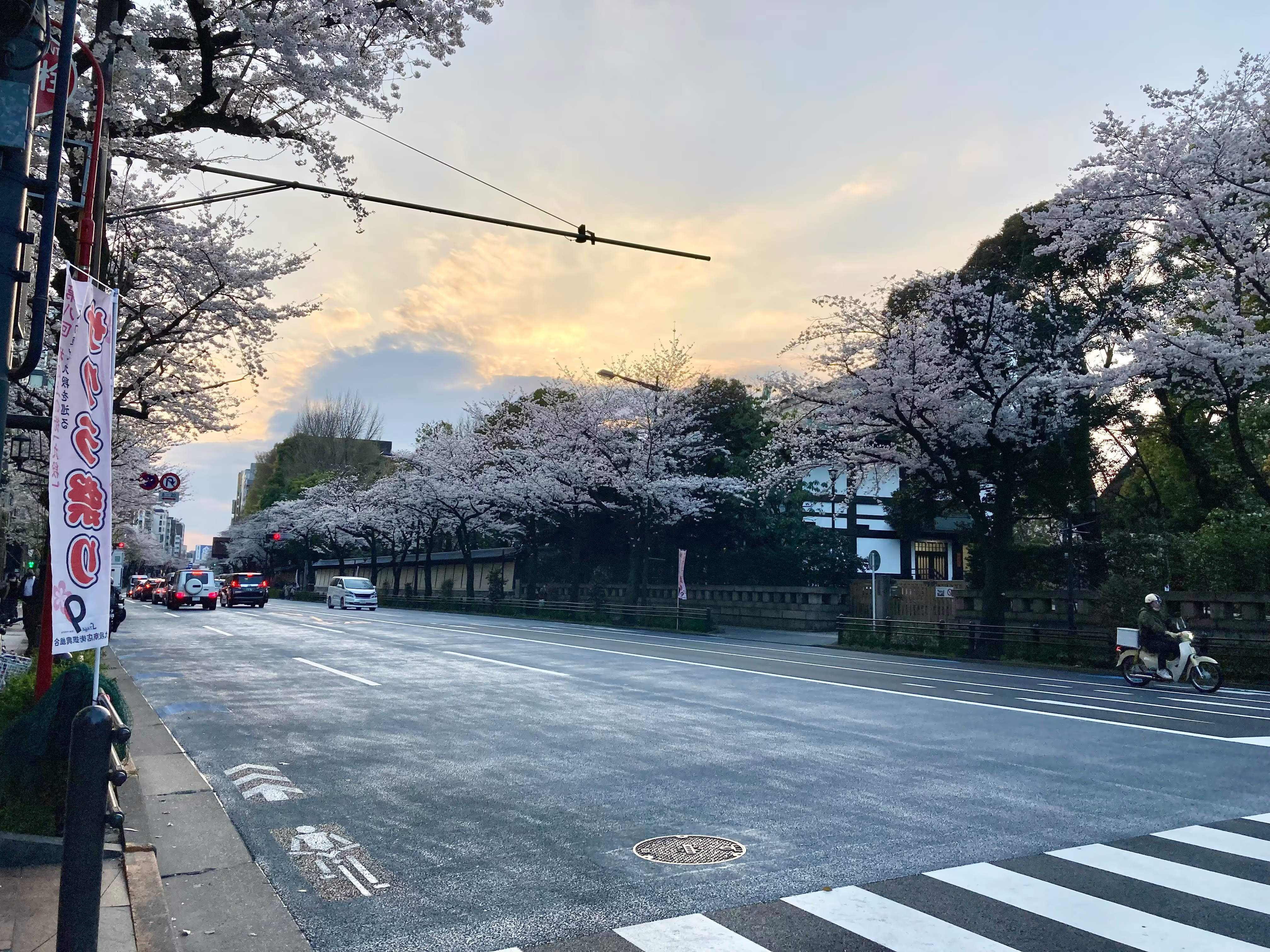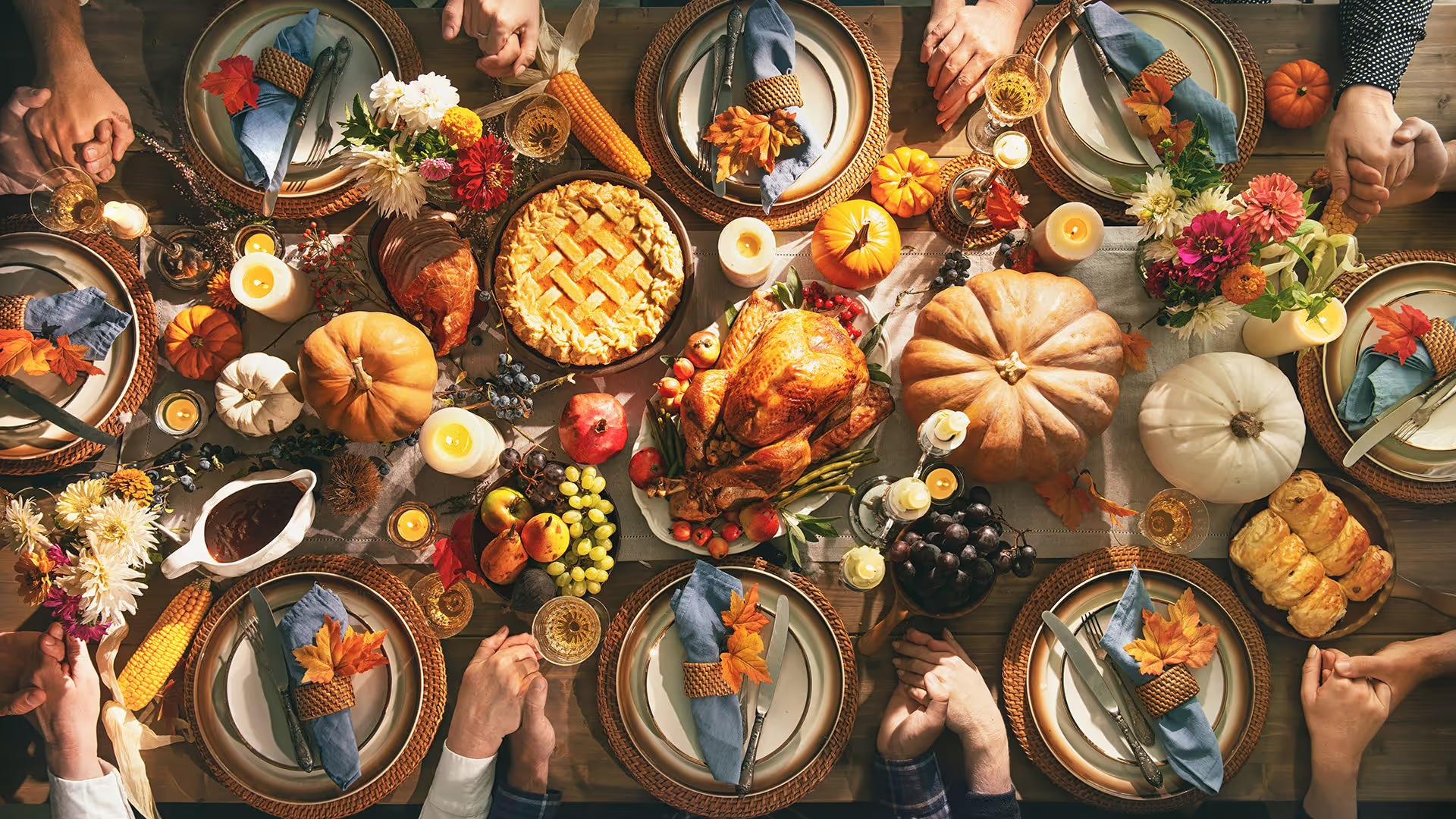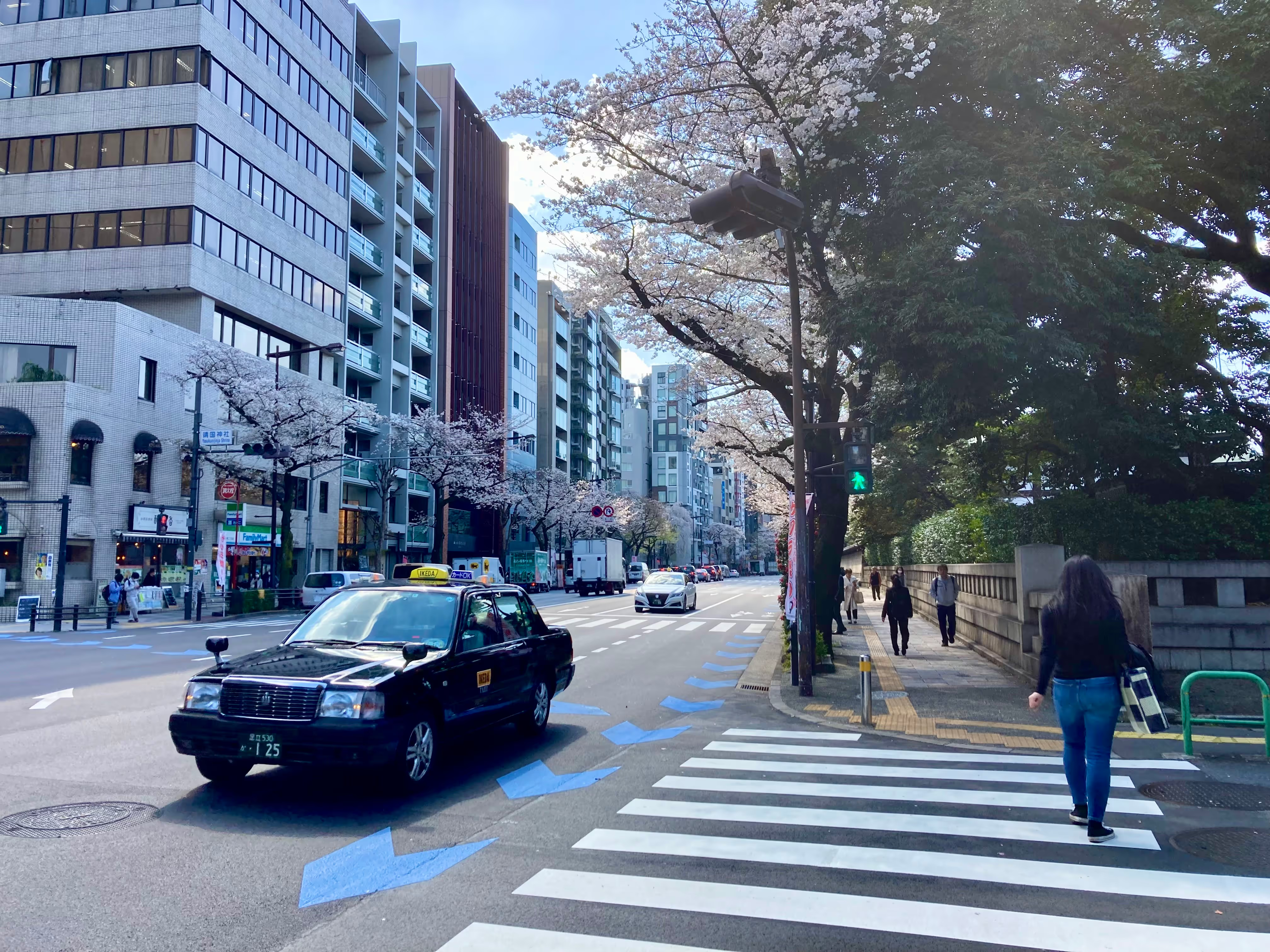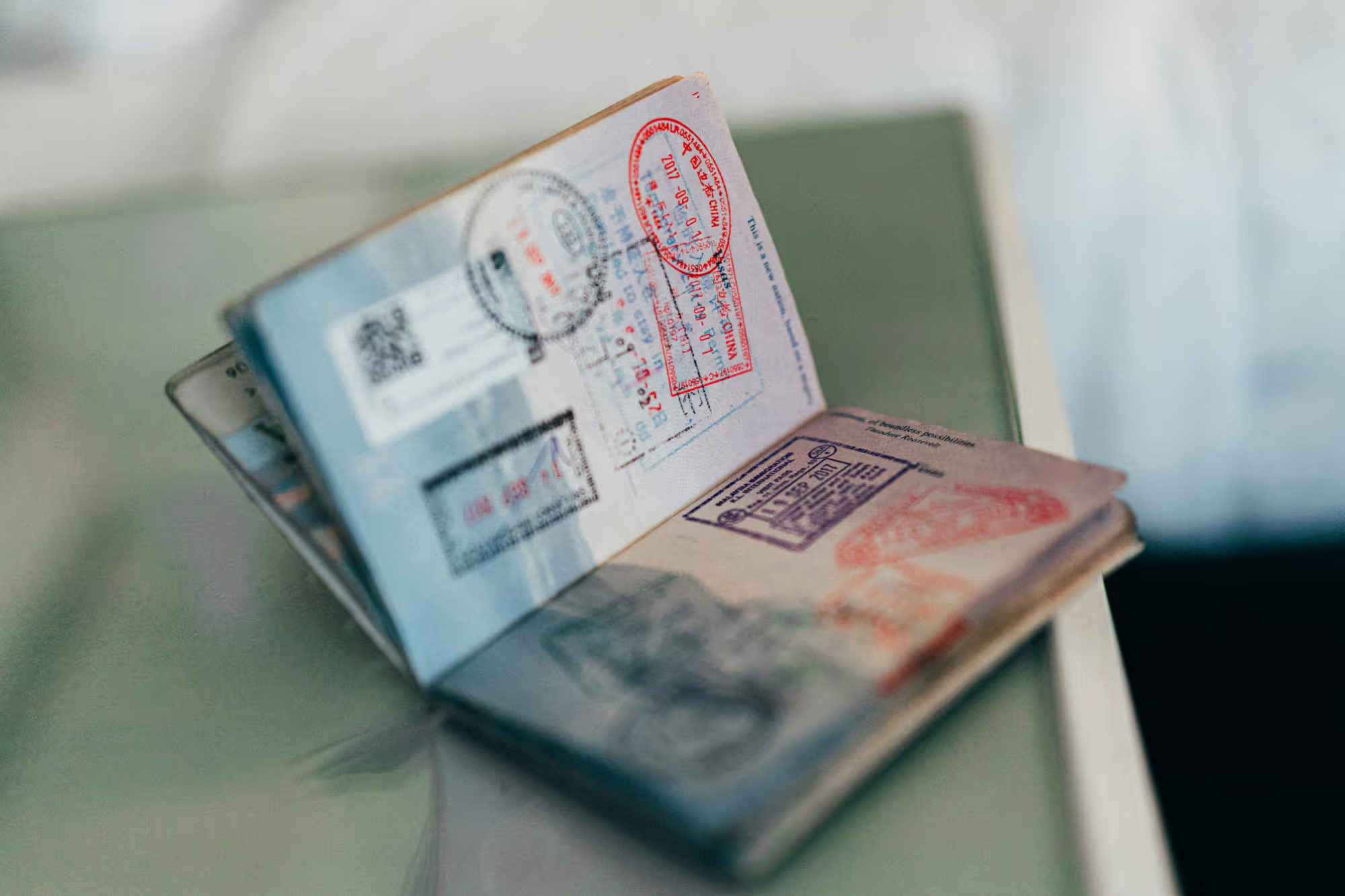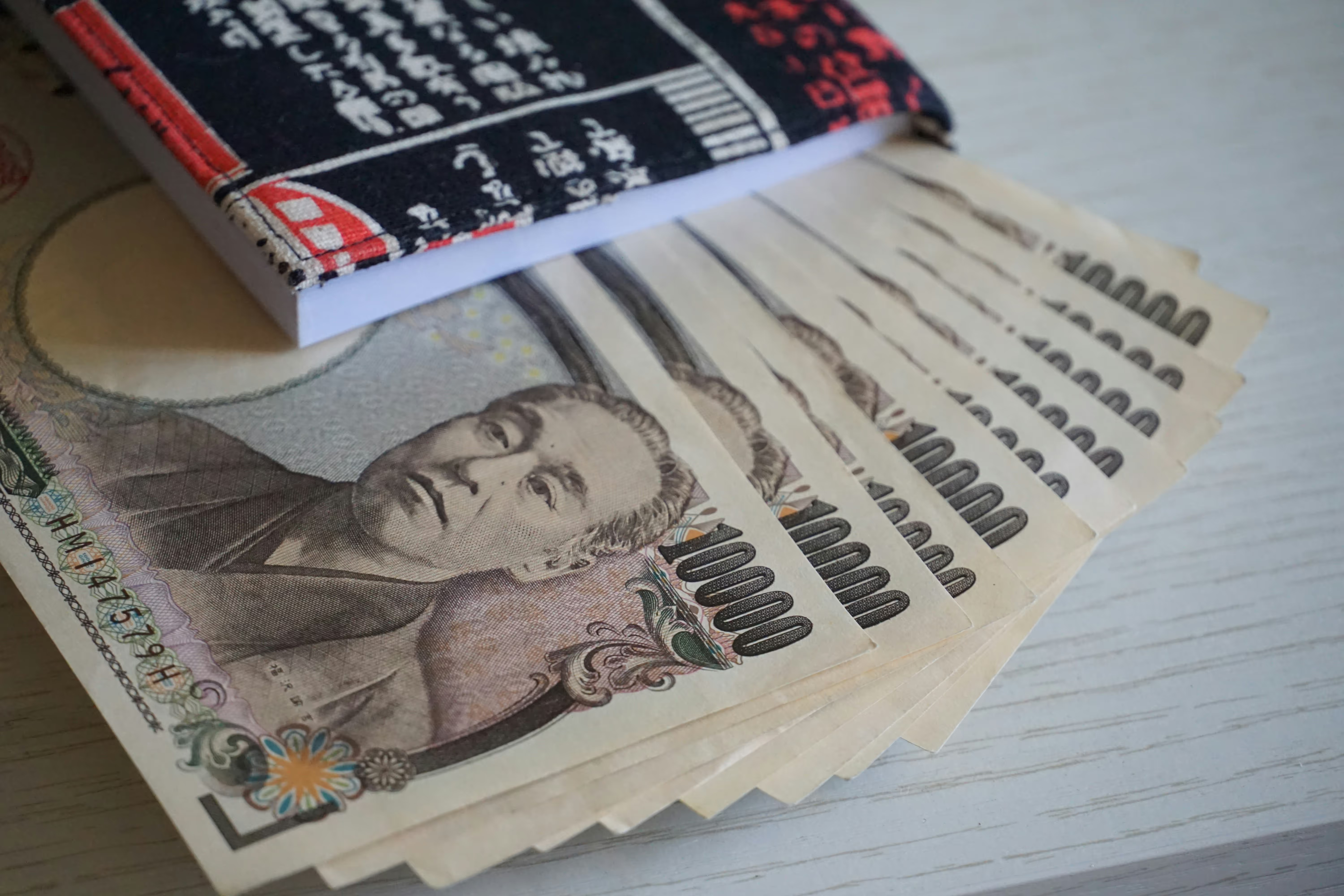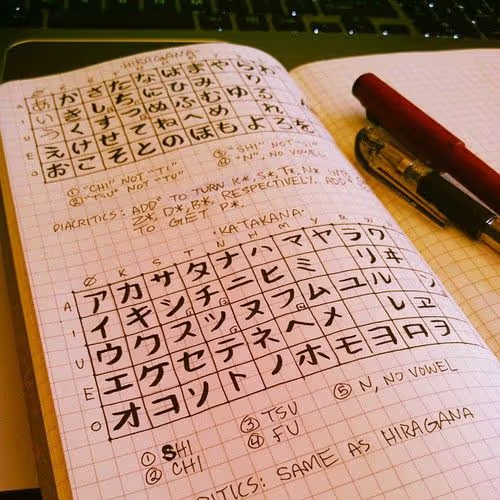If you ask me, a French expat living in Japan since August 2022, I've never felt so little stress in my life.
Let me give you an example of the kind of situation that always reminds me how much pressure Japan takes off your shoulders. I love going on hikes or small trips. If you're into these activities, you know how much planning (and worrying) is usually involved: What if the train is delayed? Do I need a plan B? Did I pack enough food? Do I need spare change for the toilet? How will I find a decent restaurant? Will there be transport all the way to my destination? And what about the return trip? and so much more...
In Japan, these questions either don't come up at all, or they're solved with a simple one-time check on a single source. Indeed, in Japan, any reasonable source is reliable. Whether it's the official train app, a timetable on a station wall, a sign on the hiking trail, or a website for a restaurant, you don't need to double-check: it's accurate, up-to-date, and trustworthy (although for restaurants, google map isn't that good on national holidays). In France, I would even have to check the internet to see if the restaurant in front of me is a scam, but in Japan you can just trust everything's going to be fine, and it usually is.
When I first arrived in Japan three years ago, I visited a museum called TeamLab Planet. One of its features is that you have to walk through water and then across mirrored floors. How surprised I was to see that they offered free shorts you could borrow if your clothes weren't suitable. It made me feel safe and cared for, knowing that everything had been thought of. Maybe that example doesn't sound too extraordinary to you, as it probably exists elsewhere in the world, but in Japan, this kind of foresight is everywhere. Living here, you slowly get used to not worrying, because you know every company, every public office, and every tourist site has already thought about potential problems and prepared solutions for you, without cutting corners.
This is the main reason why I feel day-to-day stress is much lower in Japan, at least compared to France.
Now, many people will tell you that paperwork in Japan is stressful because it's so demanding. And I get that. Yes, paperwork here requires you to be in the right place, at the right time, with all the right documents. And if your situation is unusual, things can get complicated quickly. But honestly, in most cases, your situation isn't exceptional.
So where's the good side? Well, because the Japanese system is so strict and consistent, it's also very predictable, efficient, and reliable. If the clerk accepts your application, you don't need to worry anymore; everything will usually go smoothly from there.
France is particularly bad in this area, so maybe I speak with a bit of trauma. However, since moving to Japan, I feel significantly less stress about paperwork, including renewing my visa. I know that applying automatically extends my current visa while it's processed, and since I've already renewed it twice, I also know the process will be exactly the same with the same result. Isn't that reassuring?
Of course, I should mention that my experience doesn't cover every side of life in Japan. I don't work in a traditional Japanese company, so I'm not exposed to the work culture that many Japanese people (and fully integrated expats) often find stressful. My point of view comes from daily life outside of that environment, where the reliability I've described really shines. I would hate for my words to be used to deny the stress that others may, or do, feel living here. I just want to convey that, for me, Japan has been a place where most everyday worries simply melt away.


